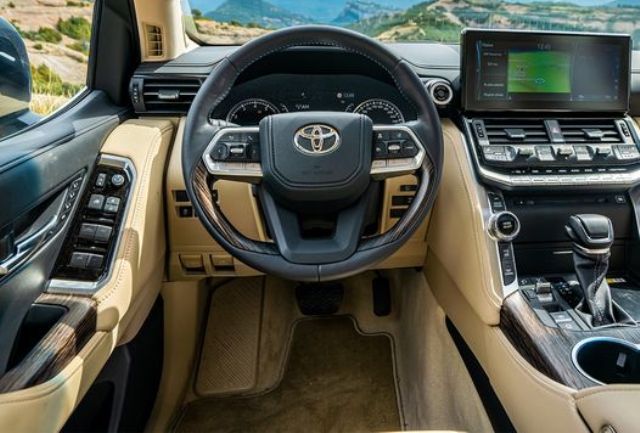Industry Minister Yasutoshi Nishimura announced on Friday that Japan will grant Toyota subsidies of up to $841 million to support the automaker’s domestic production of batteries used in electric vehicles (EVs).
In a bold move this week, Toyota revealed an extensive plan encompassing new technology and a revolutionary redesign of its factories, signaling its determination to gain a larger share of the rapidly expanding battery EV market, where it has been outperformed by competitors like Tesla.
The details of Toyota’s potential investment beyond what the ministry has already disclosed were not provided by a company spokesperson.
The government anticipates commencing mass production of these batteries in stages starting from October 2026.
Under an economic security law, Japan has designated energy storage batteries, including those used in cars, as essential. The Ministry of Economy, Trade and Industry (METI) has allocated 331.6 billion yen in its second supplementary budget to support their development and supply.
The government will contribute up to 117.8 billion yen ($841 million), accounting for slightly over one-third of the total investment of around 330 billion yen. This funding will cover the development of next-generation solid-state batteries and lithium iron phosphate batteries, and it will be provided to Toyota and three collaborating companies involved in battery development, including Toyota Industries.
Nishimura mentioned that this investment will increase Japan’s annual production capacity to 45 gigawatt hours (GWh) and emphasized the government’s goal of achieving a domestic output capacity of 150 GWh by 2030.
In April, Japan’s second-largest automaker, Honda Motor, and battery maker GS Yuasa announced their plans to construct a new plant with a target annual production capacity of at least 20 GWh.

